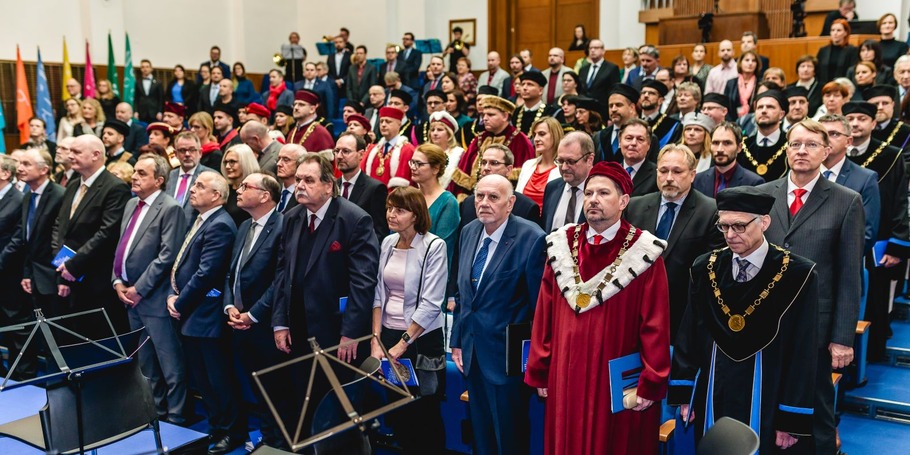Code of Ethics
The basic
ethical requirements for the conduct of Masaryk University employees with regard to their professional and work activities are summarised in the
Masaryk University Code of Ethics and the
MU Work Regulations. In the event of a suspected violation of the MU Code of Ethics, a complaint may be filed with the
MU Ethics Committee. These
Rules of Procedure of the MU Ethics Committee are effective as of 1 January 2024.
On 16 February 2024, the FI Academic Senate approved the
Code of Ethics for Practitioners at the Faculty of Informatics. This Code describes the standards of practitioners' approach to their teaching and to students, which have been agreed by the FI MU academic community. It supplements and explains the provisions of the MU Code of Ethics in the context of FI MU practitioners. Its purpose is to contribute to the quality of teaching at FI, the professionalism of practitioners and a fair approach to learners.
Research ethics at MU
Ethical aspects of research conducted at Masaryk University involving human subjects, including work with biological material of human origin, are dealt with by the
Research Ethics Committee. The Research Ethics Committee reviews projects from all departments of Masaryk University except the Faculty of Medicine.
Plagiarism and plagiarism detection at MU
Plagiarism is the use of other sources without proper reference where the original work is expected. This includes careless or inaccurate citation of literature used, failure to cite (even unintentionally) a source used. It is essential to follow the rules of citation and publication ethics when producing scholarly texts. Detailed information can be found on the
MU website.
The question of how to search for plagiarism is related to plagiarism. Masaryk University uses a special application implemented in the MU Information System to detect potential plagiarism. The application is publicly available on the Theses.cz website. The system for searching for similarities in the text allows for mutual comparison of documents that are part of its database. Using the
"egg to egg" function, it is possible to find documents with similar content to a given document, i.e. potential plagiarism. This tool can be used by teachers, administrators and students. Below you will find information and a link to the training course
"Plagiarism and similarity search applications in IS MU" as well as guides on how to avoid plagiarism.
Protection of rights and submissions towards protection of rights
Masaryk University subscribes to the protection of rights in the MU Code of Ethics, in the
HR Award implementation measures and other documents. Masaryk University has processes in place to ensure that these rights are protected effectively, impartially and efficiently at Masaryk University, and to ensure that assistance is available and that whistleblowers and victims of interference with these rights are protected.
The protection of rights is governed by
MU Directive 1/2023 Protection of Rights, effective April 1, 2023. The MU Ombudsperson is
JUDr. Eva Janovičová. The Ombudsperson may be contacted in the following ways:
- by e-mail to
ochranceKwMdGhB=9@muni7xrkVsTKj.cz,
- using the online contact form on the MU
Rights Protection website,
- in person, through a pre-arranged consultation with the ombudsman,
- via MU mailbox, mailbox ID: 9tmj9e4,
- MU central or electronic mailroom,
- by post 'to the Ombudsman' at the MU address.
Discrimination and unequal treatment
Discrimination and unequal treatment is dealt with by the
Equal Opportunities Panel.
Processing and protection of personal data
Detailed information can be found in the
MU GDPR signpost, which contains links to MU's central information systems that process personal data. The links lead either to a page with information about the processing of personal data in the system or to a page providing access to the user's personal data within the system. This serves to support the right of data subjects (MU employees, students and external collaborators) to access their personal data and the transparency of processing activities.
The data protection officer is
Mgr. Iva Zlatušková, Head of the MU Data Protection Officer's Office.







